Applications of AI And VR
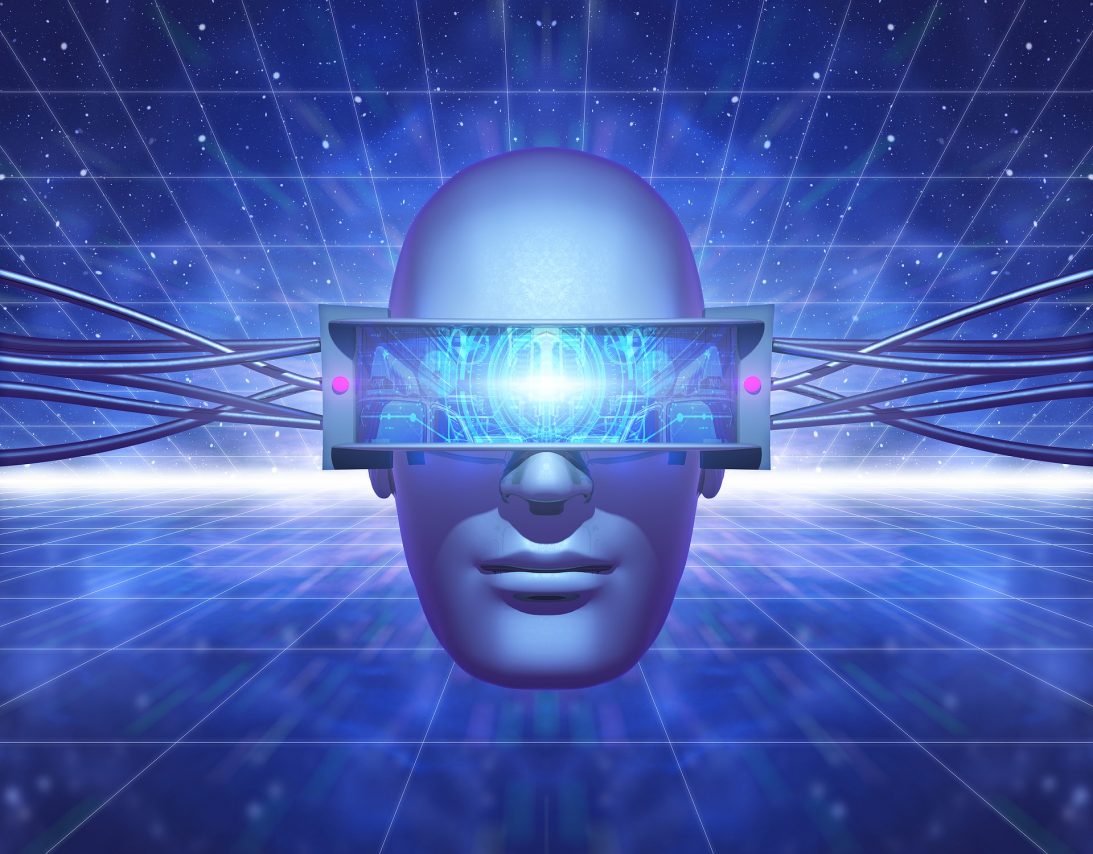
AI And VR
Considering the rate at which new technologies are developing, it’s safe to say that the future has arrived, and it’s here in the form of technology. Our lives are constantly influenced by technological advancements, and it isn’t easy to conceive of a world without it. As innovations appear almost daily, it’s clear that technological dependence will only increase in the years to come. It’s exciting to think about the new technologies and applications that will be introduced in the future and how they will further enhance our quality of life.
There’s no denying that the successful integration of technologies has yielded positive results. Even more, mergers are likely in the future. Virtual reality (VR) and artificial intelligence (AI) are two technologies that stand out when contemplating the types of technologies that will be combined in the future.
The Applications of AI And VR in The Travel & Tourism Industry
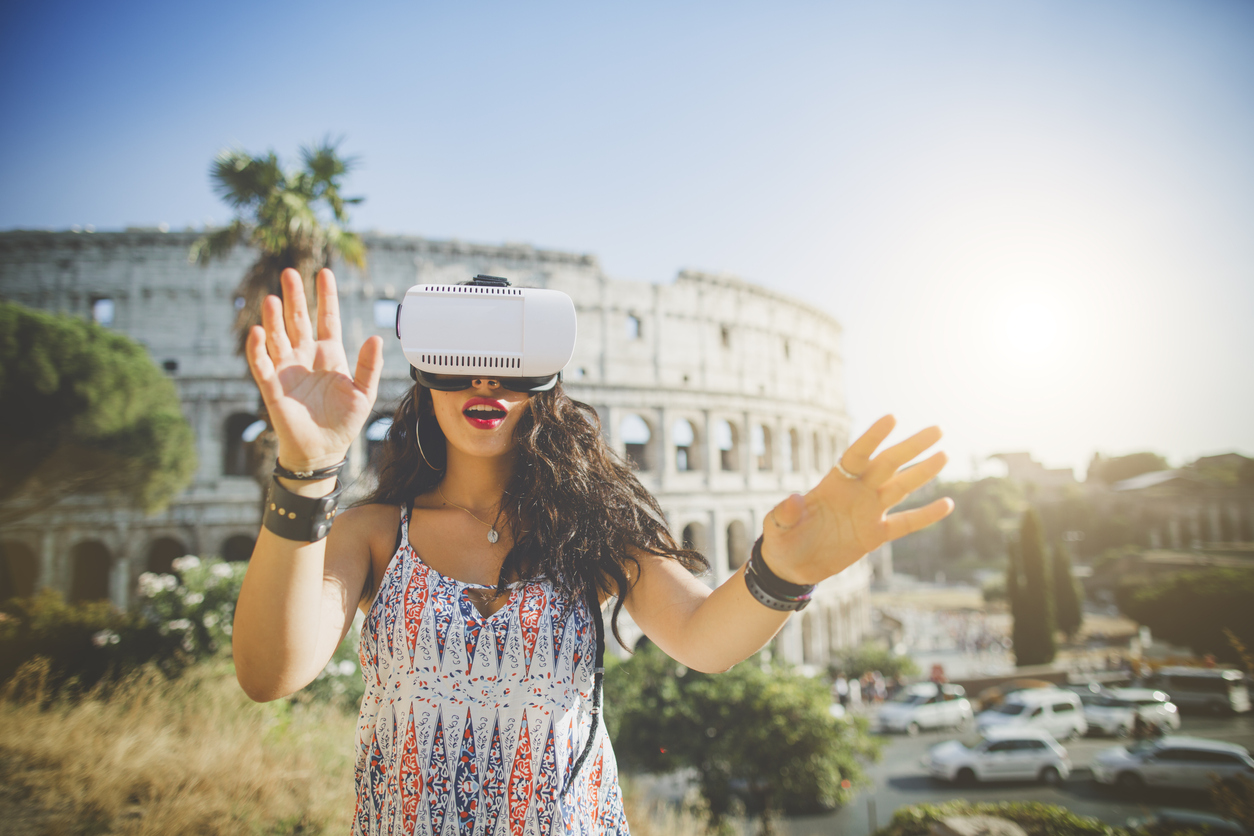
Virtual reality is already being used in the tourism industry. The technology is used by airlines, hotels, resorts, amusement parks, and other popular tourist destinations to give potential customers a taste of what they can expect. Using VR, vacationers can get a feel for a hotel’s amenities or a city’s sights before they arrive. It makes it possible for potential guests to experience a resort’s amenities like rooms, pools, restaurants, and spas before they even book their stay, bringing the photos and descriptions to life. With the incorporation of AI, customers will be able to get a more realistic feel for their potential vacations. Travelers in the planning stages can use virtual reality to explore potential destinations and artificial intelligence to aid in booking and itinerary selection.
As an illustration, virtual reality (VR) technology allows vacationers to experience a taste of their upcoming resort stay, while artificial intelligence (AI) software can handle the actual planning of their trip, including booking of hotels and flights.
Applications of AI And VR in The Entertainment Sector
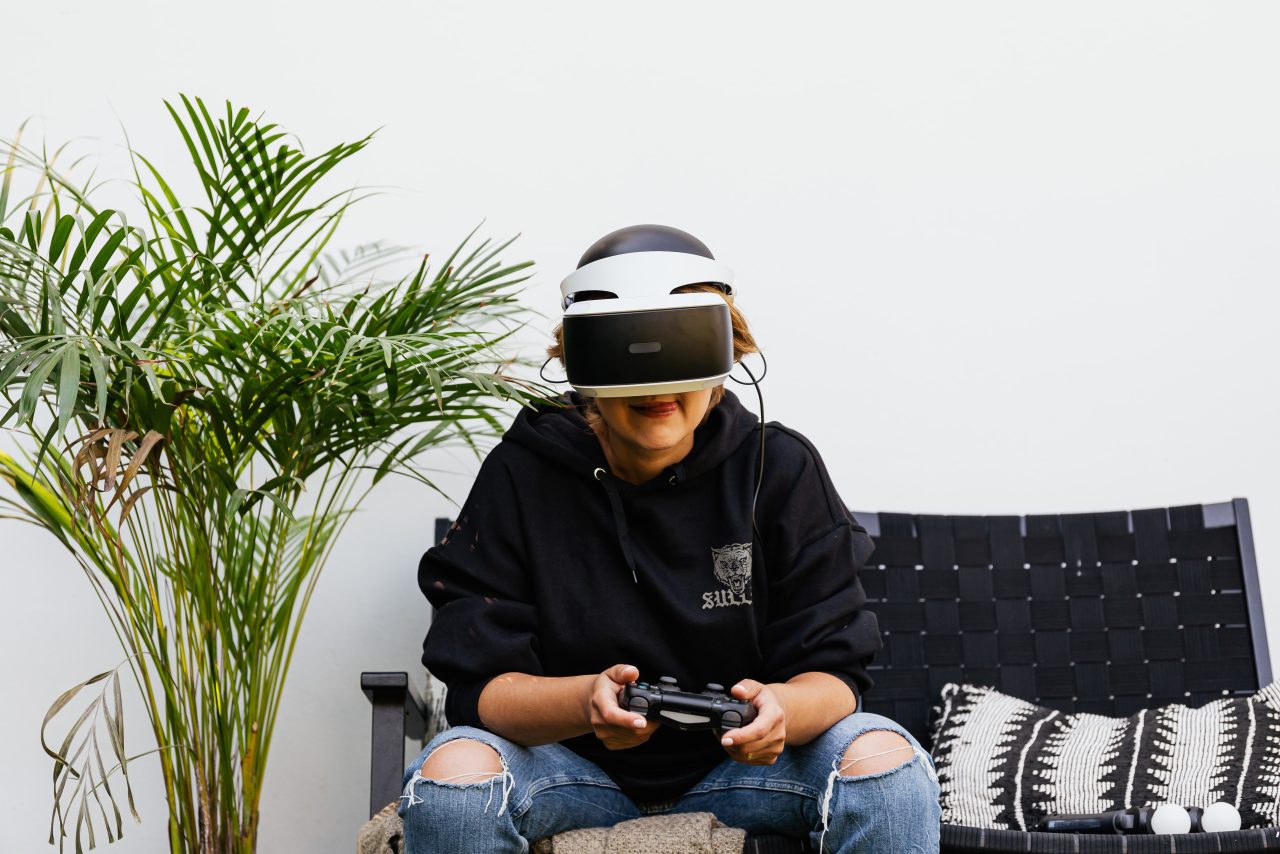
Virtual reality has already revolutionized the entertainment industry. Gamers can get the whole “in-game” experience with a VR headset, and thrill-seekers can feel what it’s like to ride a roller coaster at breakneck speeds and dizzying heights. Despite virtual reality’s already exciting role in the entertainment industry, AI promises to take it to a whole new level.
If AI were implemented, video game NPCs would be given more intelligence and the ability to interact with human players. As a result, gaming would be much more exciting and thrilling.
Applications of AI And VR in The Retail Industry
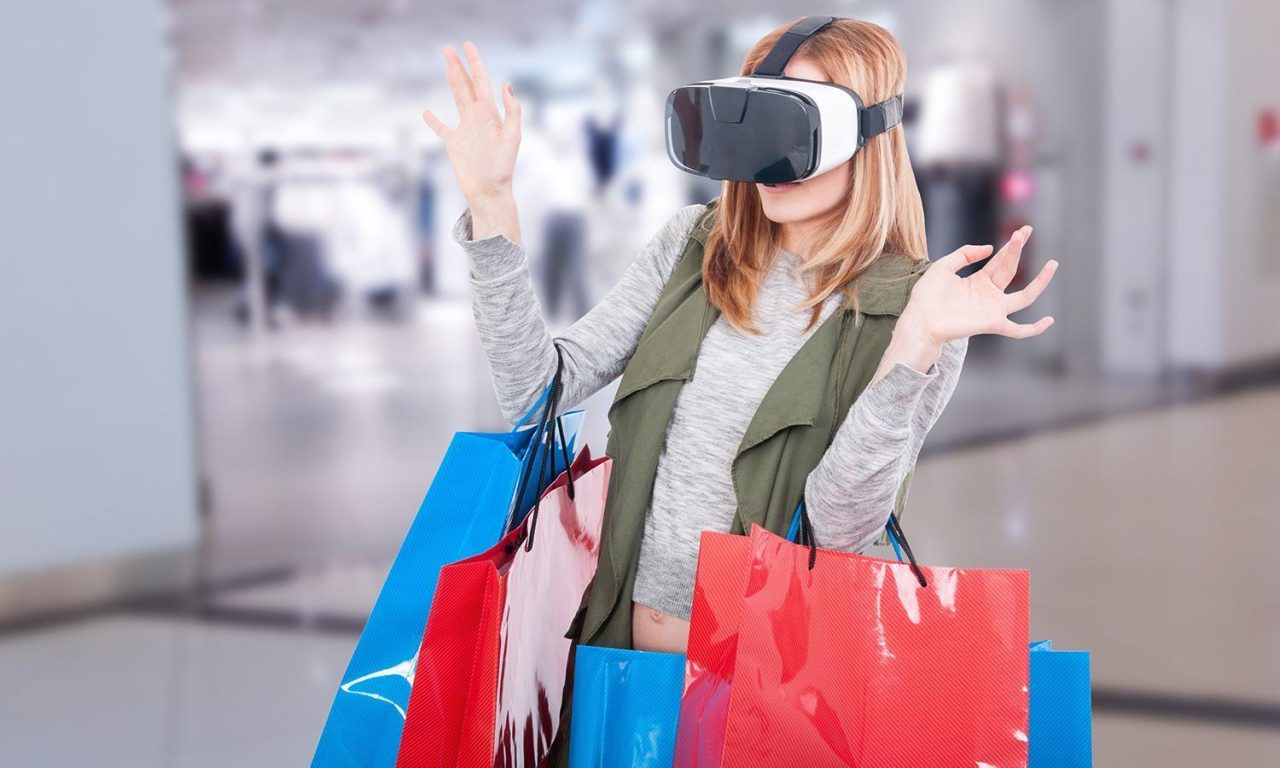
The retail industry is already reaping the benefits of virtual reality. Before making a purchase, consumers can virtually try on clothing or drive a car, among other things, with the help of virtual reality technology. Artificial intelligence will make virtual shopping even more enjoyable.
Using virtual reality (VR), a furniture shopper, for instance, can try out various sofas and chairs before making a purchase; meanwhile, an artificial intelligence (AI)-powered virtual salesperson can introduce additional options, answer questions, and even close the deal. Integrating AI and VR has many potential advantages for consumers and businesses. For example, businesses can gain valuable insights into their customers’ preferences and shopping habits through this technology, which can then be used to enhance their offerings and ultimately increase sales.
Applications of AI, VR And AR in The Real Estate Sector
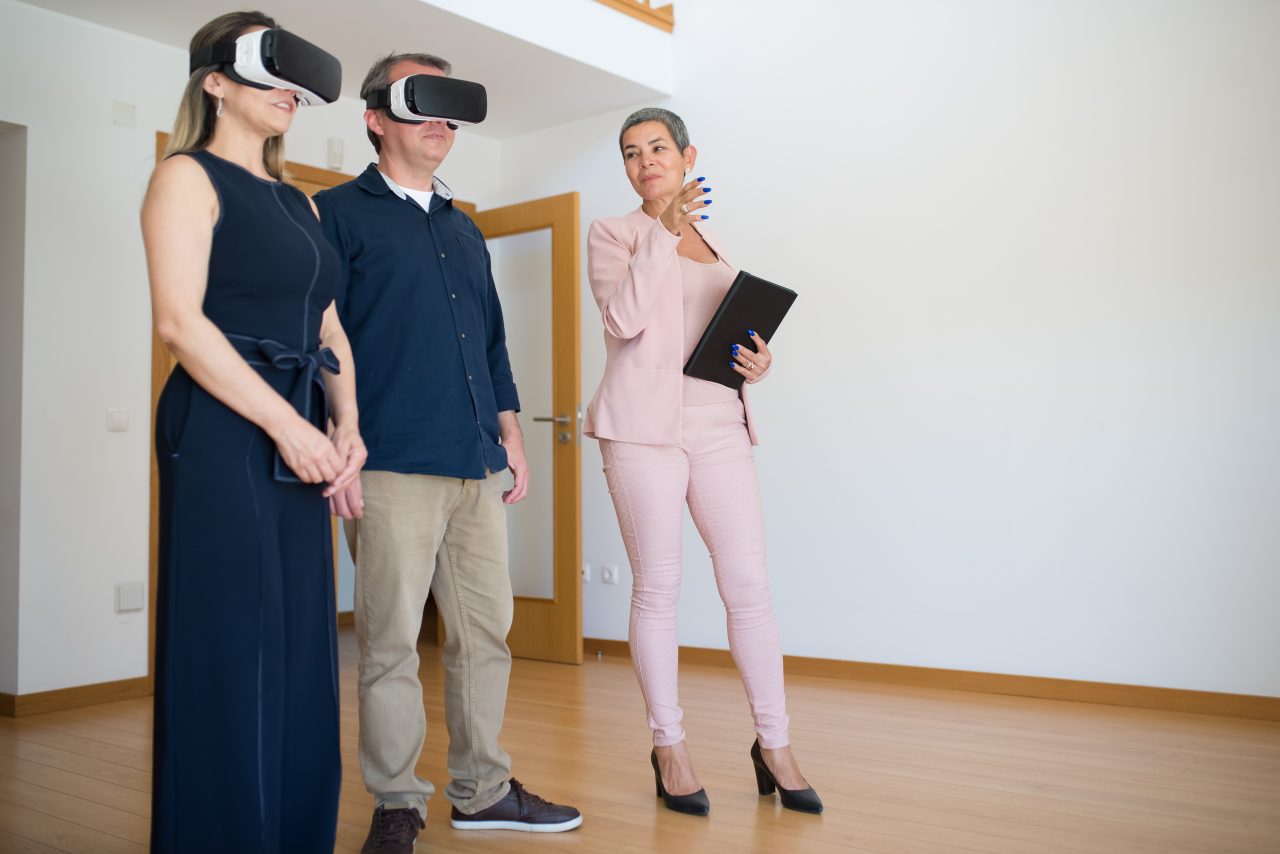
Virtual and augmented reality is gaining popularity in the real estate industry due to its use in virtual tours and virtual staging. The real estate industry needs to be faster to adopt virtual reality tools, but this is starting to change.
The real estate market could be significantly impacted by the increasing investment in virtual reality and augmented reality technology. Virtual staging and tours are helpful tools for real estate investors and developers alike.
Therefore, those in the real estate industry who want to stay ahead of the curve should consider introducing a VR experience. The construction and property development sectors can benefit greatly from using VR technology. Due to the nature of the digital construction site, blueprints and technical drawings are not needed. With virtual reality (VR), you can manipulate a 3D model in any way you like by moving your head in any direction. Even for mediators like brokers, there are significant benefits to be had from embracing technological advancements.
Conclusion:
AI and VR are groundbreaking technologies that offer exciting new possibilities; however, integrating them to work in tandem will enhance the interactivity and immersion of a wide range of experiences. The combination of AI and VR promises to open up boundless possibilities and transform countless aspects of our lives.
Schedule a free trial class to learn more about artificial intelligence

